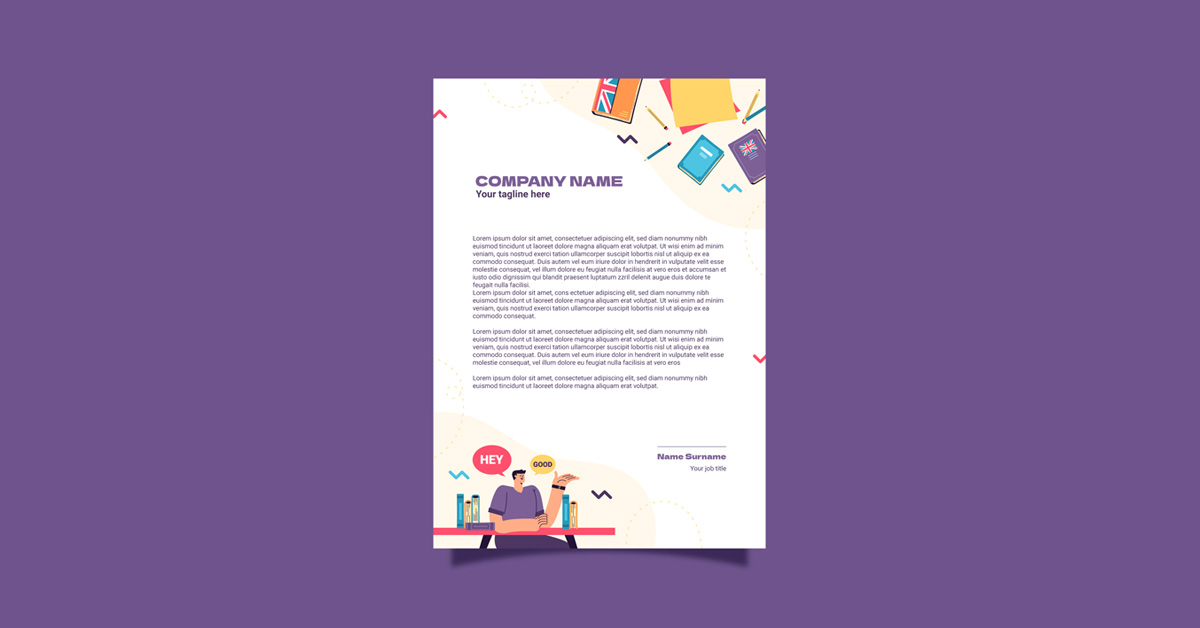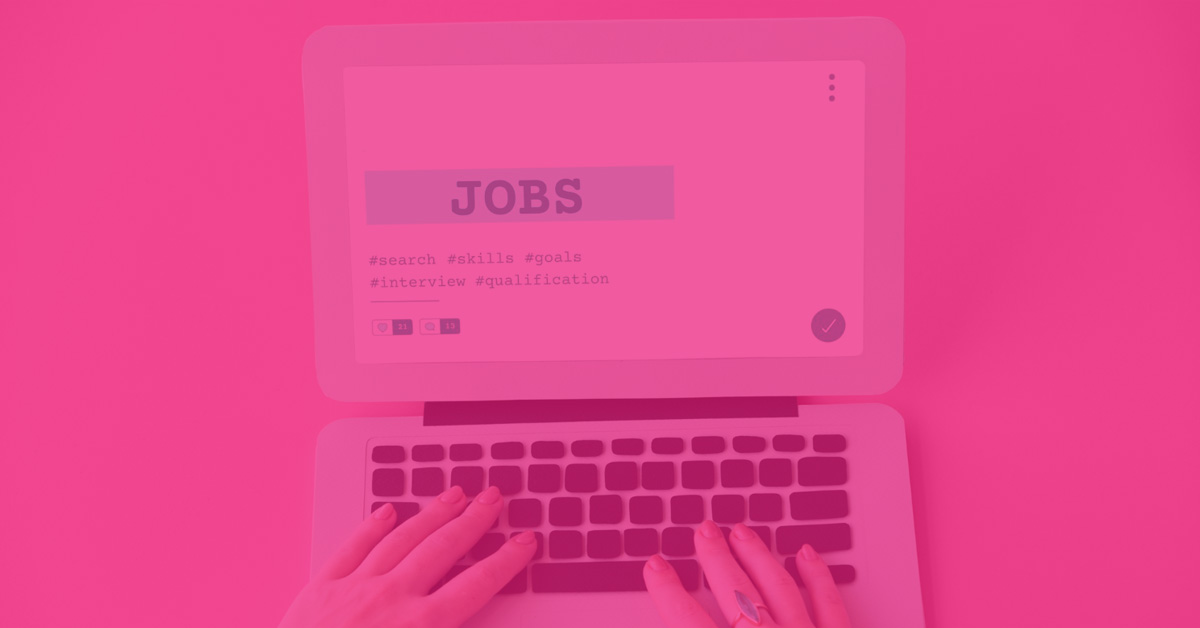Sending a thank you letter after an interview is a crucial step in the job application process. It shows appreciation, reinforces your interest in the position, and allows you to reiterate your qualifications. Here are some essential interview thank you letter templates that will help you impress employers and leave a lasting positive impression.
Why Send a Thank You Letter?
Sending a thank you letter after an interview can:
- Show Appreciation: It expresses gratitude for the opportunity to interview.
- Reaffirm Interest: It reinforces your enthusiasm for the position and the company.
- Highlight Key Points: It gives you a chance to emphasize important aspects of your interview.
- Stand Out: It sets you apart from candidates who may not take this extra step.
Thank You Letter Templates
Here are some templates you can use and customize for your interview thank you letters:
Template 1: General Thank You Letter
Subject: Thank You – [Your Name]
Dear [Interviewer’s Name],
I hope this message finds you well. I wanted to extend my gratitude for the opportunity to interview for the [Job Title] position at [Company Name] on [Interview Date]. I enjoyed learning more about the team and the exciting projects you have in the pipeline.
Our discussion further reinforced my interest in the role and how my background in [Your Relevant Experience/Skills] aligns with the company’s goals. I am particularly excited about [Specific Aspect of the Job or Company] and believe that my [Mention a Key Skill or Experience] would allow me to make a valuable contribution to your team.
Thank you again for considering my application. I look forward to the possibility of working together and contributing to the success of [Company Name]. Please let me know if there are any additional steps I need to take or if you require further information.
Best regards,
[Your Full Name]
[Your Contact Information]
[LinkedIn Profile (optional)]
Template 2: Thank You Letter Highlighting Key Points
Subject: Thank You for the Interview Opportunity
Dear [Interviewer’s Name],
I am writing to express my sincere gratitude for the opportunity to interview for the [Job Title] position at [Company Name]. I appreciated the chance to discuss how my skills and experiences align with the needs of your team.
During our conversation, I was particularly enthusiastic about [Specific Aspect of the Job or Company]. My experience in [Relevant Experience] and my ability to [Key Skill] make me confident that I can contribute effectively to your projects.
I also wanted to reiterate my excitement about the potential to work with [Company Name] and contribute to [Mention a Company Goal or Project]. Thank you once again for your time and consideration. I look forward to the next steps.
Best regards,
[Your Full Name]
[Your Contact Information]
[LinkedIn Profile (optional)]
Template 3: Thank You Letter After a Panel Interview
Subject: Thank You for the Interview – [Your Name]
Dear [Interviewer’s Name],
I wanted to take a moment to thank you and the panel for the opportunity to discuss the [Job Title] position at [Company Name] on [Interview Date]. It was a pleasure meeting everyone and learning more about your dynamic team and innovative projects.
I am excited about the prospect of bringing my expertise in [Relevant Experience/Skills] to [Company Name]. Our discussion about [Specific Topic Discussed] was particularly inspiring, and I am confident that my background in [Your Field] would be beneficial to your team.
Please extend my gratitude to the rest of the panel. I look forward to the possibility of contributing to your team’s success and am eager to move forward in the process. If there are any further steps or additional information needed, please do not hesitate to reach out.
Thank you once again for your time and consideration.
Best regards,
[Your Full Name]
[Your Contact Information]
[LinkedIn Profile (optional)]
Tips for Writing an Effective Thank You Letter
- Be Prompt: Send the thank you letter within 24 hours of the interview.
- Personalize It: Customize the template to reflect specific details from your interview.
- Keep It Concise: Be clear and to the point, keeping the letter to a single page.
- Proofread: Ensure there are no typos or grammatical errors.
Sending a thank you letter after an interview is a simple yet powerful way to leave a positive impression on potential employers. Use these templates to craft thoughtful and professional thank you letters that will help you stand out and increase your chances of landing the job.









